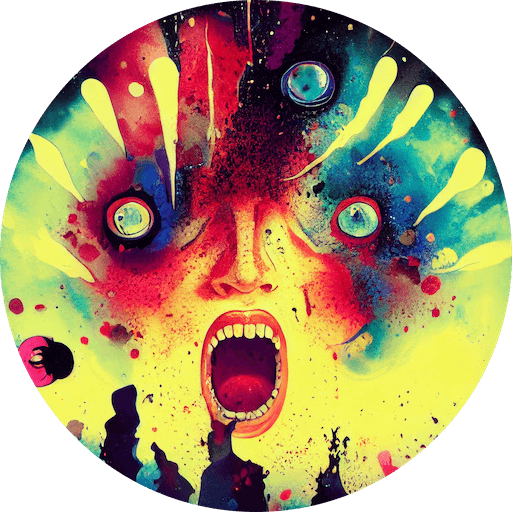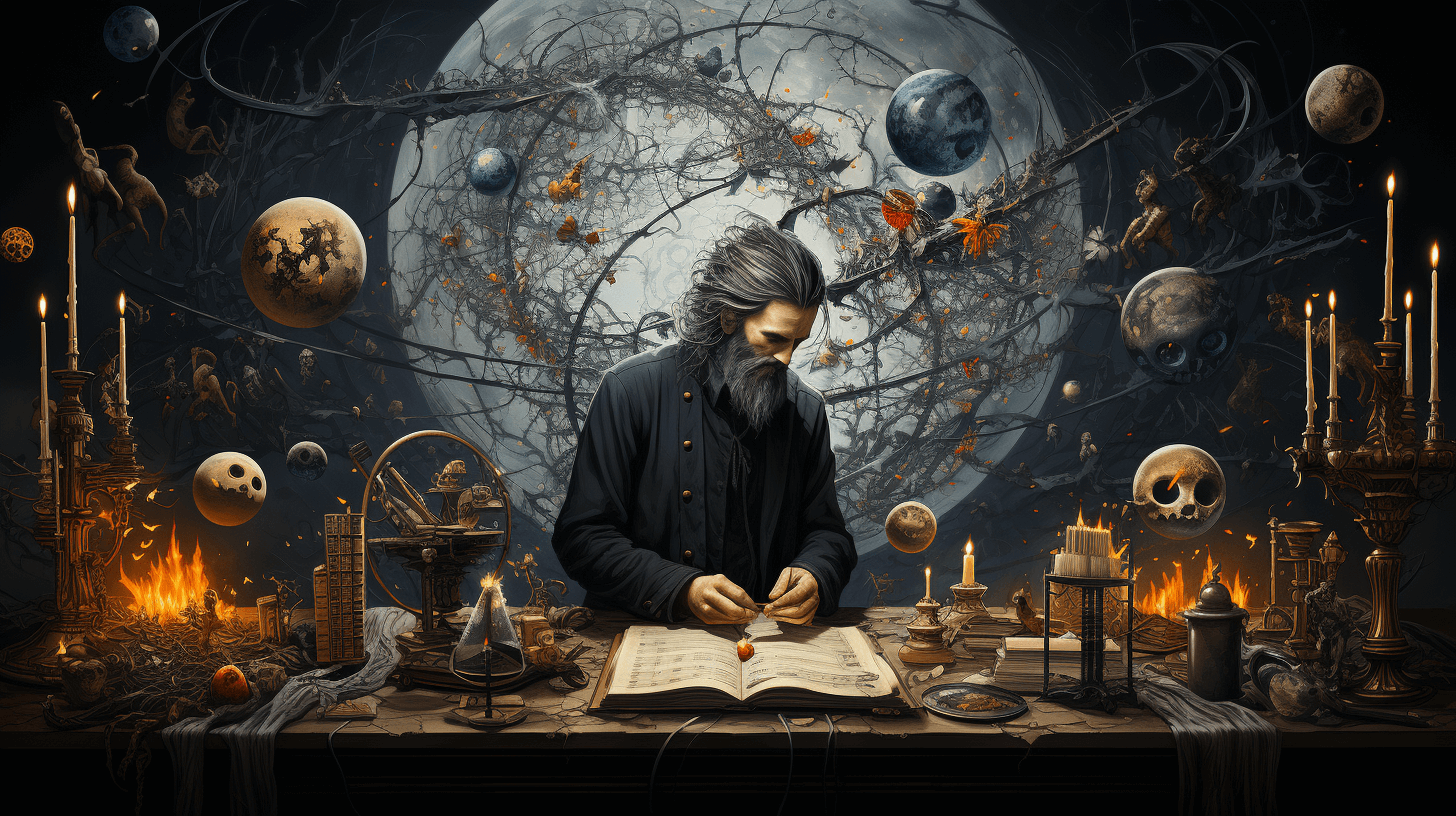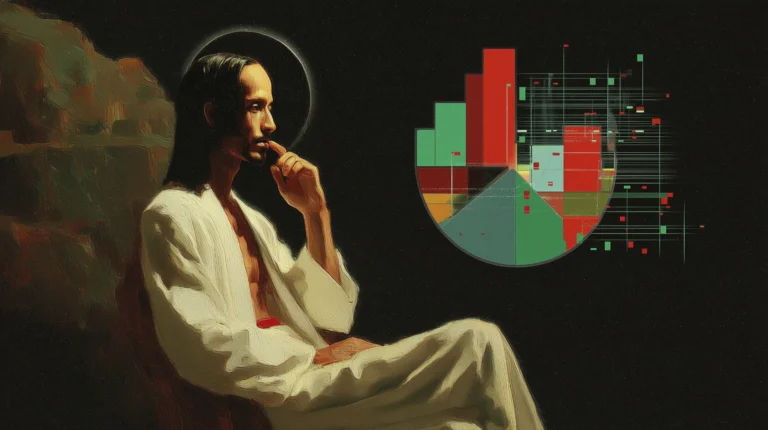Liber XXIV Philosophorum: The Book of the 24 Philosophers
The realm of philosophical and theological literature can often seem complex and daunting. Ancient texts brim with layers of meaning and depth, awaiting discovery. Among these, a noteworthy piece is the Liber XXIV philosophorum, or “The Book of the 24 Philosophers”. Let’s delve into this enigmatic work, aiming to understand its historical background, main content, and relevance in contemporary times.
Historical Background
The Liber XXIV philosophorum, dating from around the 12th or 13th century, is a somewhat mysterious text. Its author remains unknown, and there are debates regarding its exact origins. Some scholars believe it has roots in the Hermetic tradition, while others suggest influences from Neoplatonism or even Gnosticism.
The text is a collection of twenty-four philosophical propositions, presented in the form of a dialogue among twenty-four philosophers. Each proposition, given by a different philosopher, is an attempt to describe the nature of God, or the ultimate principle of reality. While these definitions differ in wording, they share a thematic unity, each seeking to express the ineffable.
Aphorisms
The exact phrasing of the aphorisms in the “Liber XXIV philosophorum” can vary depending on the specific manuscript source and the translation. However, I’ll provide a translation of these aphorisms as closely as possible. Here are the twenty-four definitions of God from the “Book of the Twenty-Four Philosophers”:
1. “God is one, not after the manner of a number, but after the manner of an essence.”
(God is a singular entity but not in a numerical sense. Rather, God embodies the very essence of existence itself.)
2. “God is the monad generating the monad, returning to itself.”
(God is the origin and the end, creating from itself and returning back to itself.)
3. “God is the monad and the dyad, and on account of this he is called two.”
(God is both unity (the monad) and duality (the dyad), embodying both singular and dual aspects.)
4. “God is the source of the good, issuing forth from the good.”
(God is both the origin of all goodness and emanates from goodness itself.)
5. “God is one power, from whom are all powers.”
(God is the singular force from which all other forces or powers emerge.)
6. “God is a circle whose center is everywhere and circumference nowhere.”
(God is infinite and omnipresent, existing everywhere without any boundaries.)
7. “God is a sphere of spheres.”
(God encompasses all realities and dimensions, like a sphere that contains all other spheres.)
8. “God is a life living through life.”
(God is the life force that sustains all other life forms.)
9. “God is the totality of all things that are and are not.”
(God embodies everything that exists and does not exist, both the tangible and the intangible.)
10. “God is the totality of substances.”
(God is the sum of all matter and energy in existence.)
11. “God is the life of all living beings.”
(God is the source and sustainer of life in all its forms.)
12. “God is the totality of forms and the form of all forms.”
(God embodies all possible forms and is the blueprint of all forms.)
13. “God is the mind of the substance of all.”
(God is the ultimate consciousness or intelligence underlying all of existence.)
14. “God is the life of the dead, the death of the living, the light of the blind, and the darkness of those who see.”
(God transcends opposites, bringing life to the dead and death to the living, illumination to the blind and darkness to those who see.)
15. “God is a sea flowing through itself.”
(God is a self-contained and self-sustaining entity, like a sea that flows into itself.)
16. “God is the unity of the first and the last.”
(God unifies the beginning and the end, the alpha and the omega.)
17. “God is the unity of a spirit and a body.”
(God encompasses both the physical (body) and the spiritual (spirit).)
18. “God is the fire by which all things shine without being consumed.”
(God is the illuminating force that brings light to all things but doesn’t diminish or consume them in the process.)
19. “God is a discourse containing all things in a word.”
(God embodies all existence within a single divine Word or Logos.)
20. “God is the night in the soul, which is the son of God.”
(God is the mystery and unknowable depth within the human soul, which is considered a child of God.)
21. “God is a word creating things, a word moving things, a word perfecting things.”
(God is the divine Word that brings things into existence, propels them into motion, and leads them to perfection.)
22. “God is the eternity of a day.”
(God embodies the concept of eternity within the temporal framework of a day.)
23. “God is a mirror, not colored, not figured, not adorned.”
(God is like a pure mirror that reflects all things without any distortion or decoration.)
24. “God is a good which is not good except through itself.”
(God is the ultimate good, whose goodness is self-derived and not dependent on anything else.)
Main Content
It’s also worth noting that the “Liber XXIV philosophorum” is relatively short – it’s a list of twenty-four aphorisms, each one sentence long, with some variations among the different manuscript sources. However, the content of these aphorisms is rich and complex, providing plenty of material for philosophical and theological interpretation.
Each of the twenty-four definitions attempts to capture an aspect of the divine nature. They describe God as an “infinite sphere whose center is everywhere and circumference nowhere”, an “incomprehensible air”, a “silent discourse”, and other paradoxical descriptions that challenge the limitations of human language and understanding.
These definitions are not intended to be literally true in the ordinary sense, but rather, they attempt to convey truths that lie beyond the grasp of conventional language and logic. In doing so, they touch on fundamental philosophical and theological questions about the nature of God, the relationship between the finite and the infinite, and the limits of human understanding.
A striking characteristic of Liber XXIV philosophorum is its approach of seeking understanding through paradoxes and contradictions. It invites the reader to think beyond ordinary categories and question the boundaries of their own understanding.
Relevance in Contemporary Times
Despite its age, the Liber XXIV philosophorum continues to hold relevance. Its profound, paradoxical descriptions of God stimulate philosophical and theological thought, inviting readers to explore the nature of the divine and their own relationship with it.
Moreover, this text has been influential in various fields, from philosophy and theology to mathematics and physics. Its notion of God as an “infinite sphere whose center is everywhere and circumference nowhere” has influenced the understanding of infinity and the nature of the universe in modern cosmology.
Contemporary scholars and seekers of wisdom may find in the Liber XXIV philosophorum a rich source of inspiration and a challenge to the limits of their own understanding. This ancient text invites us all to join in the dialogue, to grapple with its paradoxes, and to delve deeper into the mystery of existence.
To conclude, the Liber XXIV philosophorum is not just a historical artifact, but a living testament to humanity’s perennial quest for understanding. It represents a meeting point of philosophy, theology, and mysticism, beckoning us to join in the dialogue that spans centuries. Whether you approach it with a scholarly lens or a seeker’s heart, this text has something profound to offer.
In the realm where number falls away,
Exists a Oneness, both night and day.
Not a unit in a numerical play,
But an essence that paves the cosmic way.
A monad birthing monad, circular in dance,
Returns to itself in a divine romance.
Monad, dyad, a paradox stance,
In unity, duality finds a chance.
A circle omnipresent, boundless in might,
A sphere of spheres in eternal flight,
Life living through life, in dark and light,
The source of all power, shining bright.
All that is and is not, does it comprise,
Substance of substances, where truth lies.
The life of living, in death it ties,
Form of all forms, beneath the skies.
A sea unto itself, flowing free,
The unity of first and last we see.
Body and spirit in harmony,
A fire illuminating, yet lets be.
In a discourse, all things contained,
A word that moves, creates, unchained.
Eternity within a day, so named,
A mirror pure, unfigured, unfeigned.
The night in the soul, a mysterious good,
Reflecting the son, as only it could.
A word perfecting as it should,
In this dance of divinity, we have stood.







